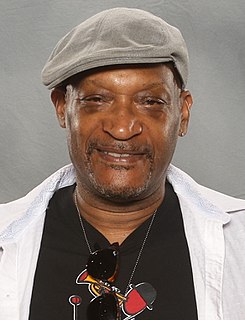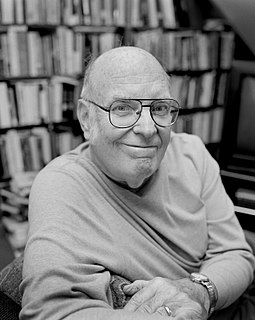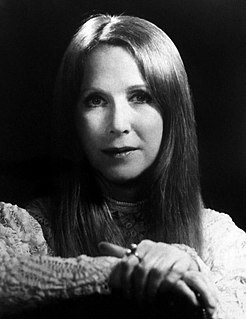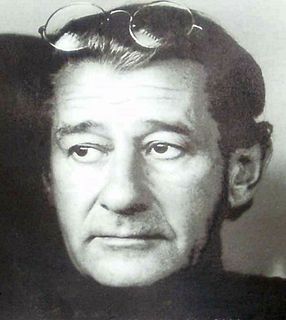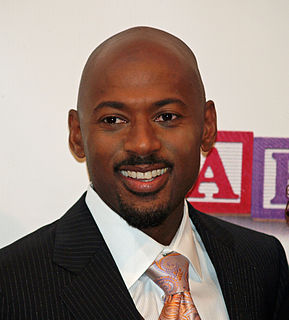A Quote by Tony Todd
Related Quotes
The black man in North America was sickest of all politically. He let the white man divide him into such foolishness as considering himself a black 'Democrat,' a black 'Republican,' a black 'Conservative,' or a black 'Liberal' ...when a ten-million black vote bloc could be the deciding balance of power in American politics, because the white man's vote is almost always evenly divided.
I've never seen a sincere white man, not when it comes to helping black people. Usually things like this are done by white people to benefit themselves. The white man's primary interest is not to elevate the thinking of black people, or to waken black people, or white people either. The white man is interested in the black man only to the extent that the black man is of use to him. The white man's interest is to make money, to exploit.
They wanted black women to conform to the gender norms set by white society. They wanted to be recognized as 'men,' as patriarchs, by other men, including white men. Yet they could not assume this position if black women were not willing to conform to prevailing sexist gender norms. Many black women who has endured white-supremacist patriarchal domination during slavery did not want to be dominated by black men after manumission.
